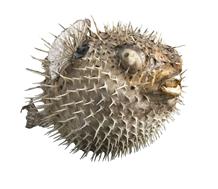How can you treat Fluid Retention?

And what you can do to help yourself?
First of all you should see your doctor to rule out any underlying medical conditions.
If you are a salt lover try and reduce your intake and eventually eliminate extra salt from your diet.
If you suspect you have a food intolerance because you've noticed reactions to some foods, first of all keep a food diary. Read our take on How to Work with a Food Diary. Then based on your findings, consider going on a food exclusion diet, read how this works here.
Making changes to your diet can also help, for instance by including foods rich in water such as fruit and vegetables (these are also rich in potassium) see our Food Pyramid for optimum foods with recommended daily amounts.
Drink more water – a dehydrated body hangs onto fluid.
If you are on HRT consider self help alternatives, this should always be discussed with your GP before making any changes.
Nutrition tips
Avoid salt rich foods and extra salt onto food.
If you can’t give up salt entirely eat foods rich in potassium to help balance the amounts of sodium.
Eat foods rich in water such as fruit & vegetables.
Supplement tips
For all round health benefits consider taking a multi vitamin and mineral supplement , read our take on why we think this is important.
You can also consider taking Colladeen. This provides a particularly rich source of anthocyanidins (plant flavonoids) from extracts of grapeseed and bilberries. Research has shown anthocyanidins to be powerful antioxidants as well as identifying the important role they play in maintaining the health of collagen. Collagen is the most abundant protein in the body - it is the protein that forms connective fibres in tissues such as skin, ligaments, cartilage, muscles and capillaries.
Contains plant pigments called anthocyanidins (grapeseed and bilberries) which gently strengthen leaking capillaries that is sometimes responsible for fluid retention.